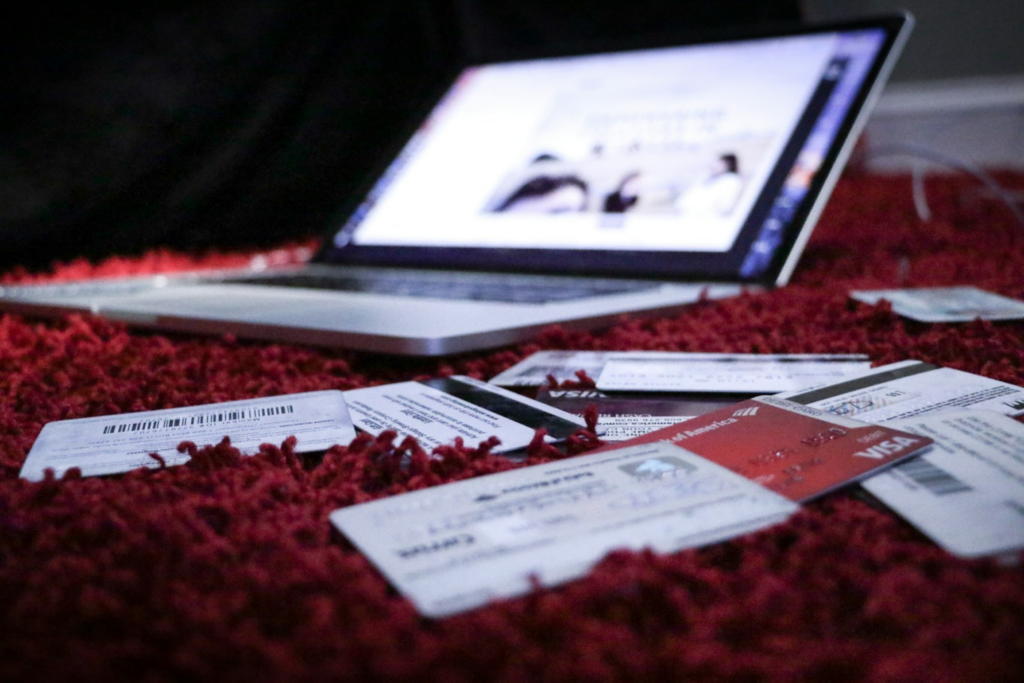10 Easy Ways to Pay Off Your Debt Without Stressing Out
Missing a debt payment happens to the best of us, but it’s critical not to let it become a habit. Ignoring debt can lead to long-term financial consequences. Here are 10 practical strategies to help you regain control, stay on track, and work toward financial stability.

1. Understand Your Debts
The first step to managing debt is facing it head-on. Gather all your financial information—credit card statements, loan details, and outstanding balances. Create a list that includes:
- Current balances
- Interest rates
- Monthly payment amounts
By visualizing your debt, you can better prioritize and develop a repayment plan. Use tools like spreadsheets or debt trackers for added clarity.
2. Include Installments in Your Budget
Don’t treat debt as an afterthought. Prioritize debt repayment in your budget just like rent or groceries.
- Use budgeting tools or apps to allocate funds for each expense.
- Follow the 50/30/20 rule: 50% for necessities, 30% for discretionary spending, and 20% for savings and debt repayment.
- Adjust your spending by cutting unnecessary expenses, like unused subscriptions or frequent dining out.
3. Prioritize Your Debts
Not all debts are created equal. Use one of these strategies to focus your efforts:
- Debt Avalanche: Pay off the highest-interest debt first to save the most money over time.
- Debt Snowball: Pay off the smallest debts first for quick wins and motivation.
Choose the approach that works best for your situation, but always make at least the minimum payments to avoid penalties.
4. Create a Payment Plan
A structured plan helps you stay organized. Write down:
- Due dates
- Payment amounts
- Interest rates
Use budgeting apps like YNAB or Mint to track progress. Consider consolidating debts into a single loan with a lower interest rate to simplify payments.
5. Set Reminders for Payments
Avoid late fees and damaged credit scores by setting up:
- Smartphone reminders a few days before due dates.
- Automatic payments to ensure timely payments.
If possible, align payment due dates with your paycheck schedule to reduce the risk of missed payments.
6. Shift Your Mindset About Debt
Debt isn’t inherently bad—it’s a tool. A mortgage, student loan, or car loan can open opportunities if managed wisely.
- View debt as a part of your financial strategy.
- Focus on responsible repayment and long-term benefits.
This positive mindset can reduce stress and keep you motivated.
7. Avoid Taking on New Debt
If you’re serious about paying off debt, pause new borrowing.
- Live within your means by cutting unnecessary expenses.
- Build an emergency fund to avoid falling back on credit cards for unexpected costs.
Refocus on your financial goals to resist the temptation of taking on additional debt.
8. Seek Financial Relief Options
If you’re struggling to make payments, don’t hesitate to ask for help.
- Contact lenders to negotiate lower interest rates or adjusted payment terms.
- Explore debt consolidation to combine multiple debts into one manageable loan.
- Work with a nonprofit credit counselor to create a repayment plan.
In severe cases, consider debt settlement or bankruptcy as a last resort.
9. Boost Your Income to Tackle Debt Faster
Find ways to earn extra money and put it directly toward your debt.
- Freelance your skills on platforms like Upwork or Fiverr.
- Sell unused items on eBay or Facebook Marketplace.
- Start a side hustle, such as driving for Uber or offering tutoring services.
Every extra dollar accelerates your journey to financial freedom.
10. Celebrate Milestones
Debt repayment is a marathon, so celebrate small wins to stay motivated.
- Treat yourself when you pay off a debt or hit a savings goal.
- Acknowledge your progress to maintain a positive outlook.
These celebrations reinforce your progress and encourage consistency.
Final Thoughts: Achieve Financial Freedom One Step at a Time
Paying off debt requires patience, discipline, and a clear plan. Follow these tips to:
- Regain control over your finances.
- Protect your credit score.
- Build a stable financial future.
Stay consistent, focus on your goals, and celebrate every step forward. With time and effort, financial freedom is within reach.




